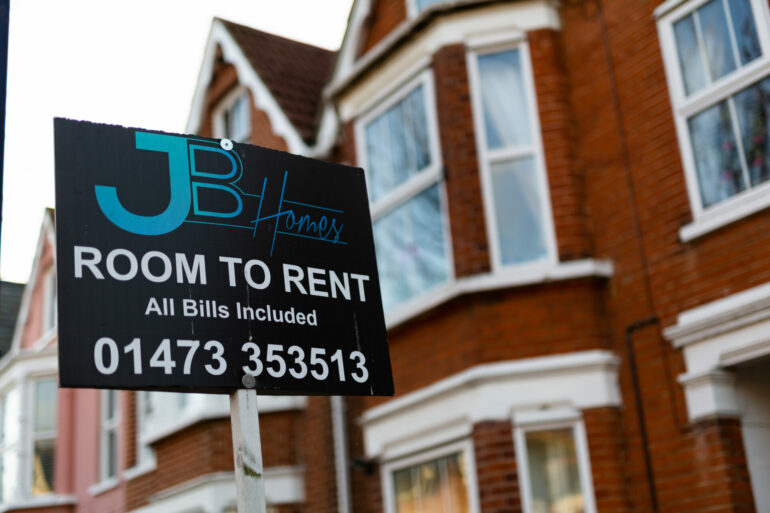Spending less than 30% of gross income on rent is no longer an achievable benchmark for most under-30s in the UK, according to new analysis from flatshare platform SpareRoom.
The research, based on data from more than 50 UK cities, found that a typical renter under 30 would need to spend between 34% and 45% of their income on rent to afford an average room.
For 22-29 year olds earning a median annual salary of £31,200, the notional affordability limit of £780 per month is exceeded in nearly all major cities, with the UK average rent now at £753 and the London average at £995.
For younger workers aged 18-21 earning £22,001, the affordability gap is even wider, with average rents consuming up to 41% of income.
The data highlights the narrowing options for younger renters. While a 22-29 year old could afford to live in cities such as Manchester or Bristol under the 30% rule, they would be excluded from higher-cost areas including London, Oxford, Cambridge, Edinburgh and Bath.
For 18-21 year olds, only 12 cities – including Liverpool, Swansea and Sheffield – fall within their budget threshold.
SpareRoom’s survey also revealed that financial dependence on parents and relatives is rising.
Among renters under 30, more than a quarter (26%) had borrowed money for a deposit, 19% had received help with rent payments, and 26% had required a guarantor. Nearly half (49%) said they had received some form of family financial assistance to rent.
Matt Hutchinson, director of flatshare site SpareRoom, said: “In reality, the 30% affordability rule has been unrealistic for a long time.
“When rents are 40% or even 50% of income, as is more common today, affording them is challenging and saving for a deposit is out of the question.
“This doesn’t just delay life plans. If you can’t meet unexpected costs outside of normal expenditure then you’re more prone to debt.
“And when disposable income is severely reduced there are knock-on effects for mental health and loneliness. So this is more than a problem for renters, it’s a problem for the economy and for society too.”
Hutchinson added that while forthcoming measures under the Renters’ Rights Bill – such as banning rent-in-advance demands and allowing challenges to excessive rent increases – may help improve fairness, they do not tackle the fundamental issue of affordability.
“It’s not only sky-high rents that exclude more under-30s today; there are other barriers to entry. Not everyone can save a deposit equivalent to five weeks’ rent and many parents can’t afford to help either,” he said.
SpareRoom’s findings come as the proportion of 20-34 year olds living with parents continues to rise, with one third of men and 22% of women in this age group living at home in 2024 — a 9.9% increase over the past decade.




